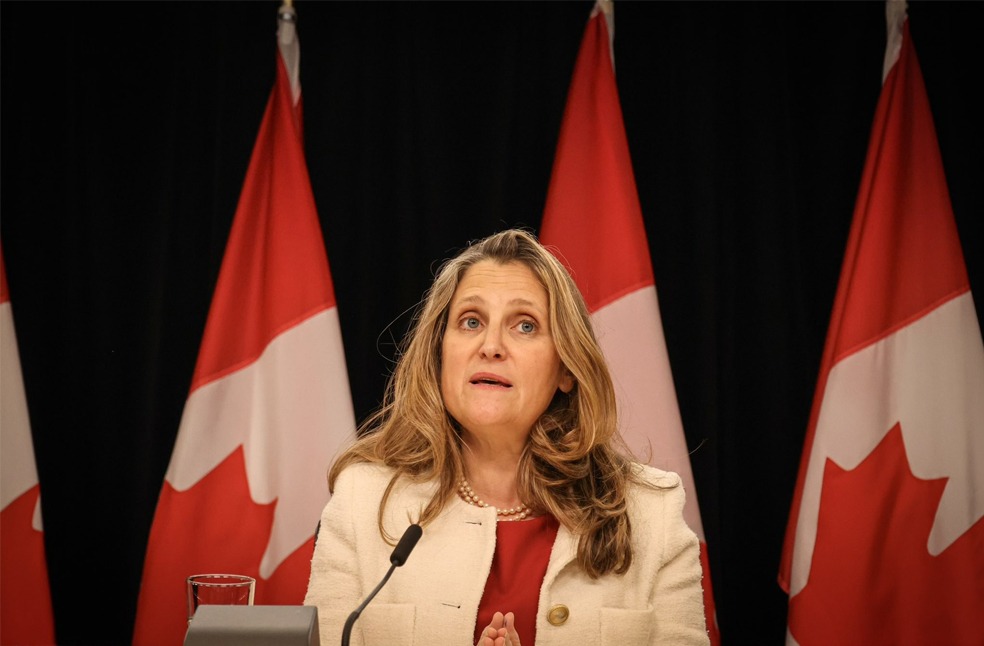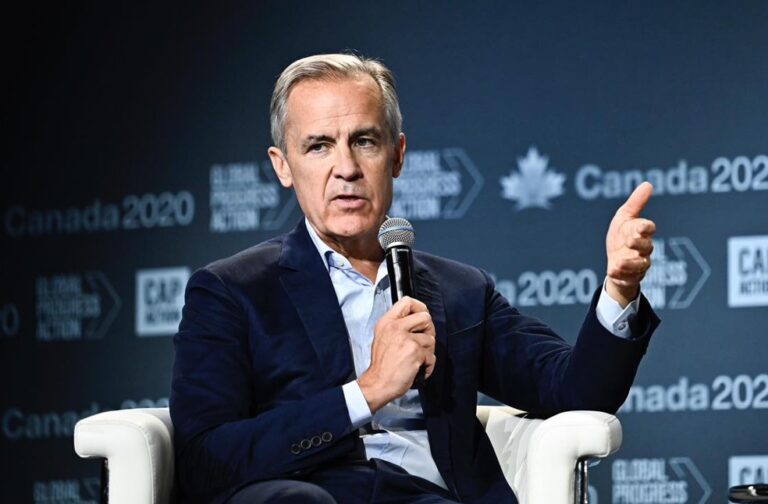Ottawa, Canada: After months of speculation, former Bank of Canada and Bank of England governor Mark Carney has officially declared his bid for the leadership of Canada’s governing Liberal Party.
Carney, 59, launched his campaign in his hometown of Edmonton, Alberta, at a hockey rink where he learned to skate as a child.
In his announcement, Carney stated, “I’m doing this because Canada is the best country in the world, but it could still be even better.” If successful, Carney will replace Prime Minister Justin Trudeau, who announced his intent to resign after nine years in office once a new Liberal leader is chosen. The next general election will take place later this year.
Carney, who is the only candidate in the leadership race who is not an elected member of Trudeau’s government, positioned himself as an outsider with extensive financial expertise, especially in economic crises. His leadership would provide a stark contrast to both Trudeau and his political opponents.
While he served as an economic advisor to Trudeau, Carney emphasized his ability to bring fresh ideas to a sluggish economy. He outlined key challenges facing Canada, such as housing affordability, stagnant wages, and climate change, and pledged to address these issues.
During his announcement, Carney criticized Trudeau’s economic management and said, “I know I’m not the only Liberal in Canada who believes that the prime minister and his team let their attention wander from the economy too often.”

Carney’s leadership opponents include several sitting members of parliament, notably former finance minister Chrystia Freeland, who is expected to announce her candidacy soon. Freeland resigned from her position in December following disagreements with Trudeau on fiscal matters.
Carney also pointed out the challenges posed by U.S. President-elect Donald Trump, including the threat of potential tariffs on Canadian goods. He criticized Trump’s policies, asserting, “I’ve helped manage multiple crises and I’ve helped save two economies. I know how business works, and I know how to make it work for you.”
In his campaign, Carney emphasized that any member of the Liberal Party, including those who are not elected officials, can run for leadership, though they must seek a seat in parliament in the upcoming election. He pledged to do so himself.
Carney’s leadership bid comes as the Conservative Party, led by Pierre Poilievre, holds a strong lead in the polls. Carney dismissed Poilievre’s ideas as “naïve” and “dangerous,” with the Conservatives seeking to link Carney to Trudeau’s unpopular government.
Poilievre has also criticized Carney’s support for carbon pricing, a key part of Trudeau’s climate policy, though Carney recently indicated he might move away from that policy, proposing alternative strategies to tackle climate change without burdening Canadians financially.
The Liberal Party will elect its next leader on March 9, with the general election due to occur by October of this year, potentially as early as this spring.



